In deer hunting or other rifle hunting, many hunters encounter the same confusion: the target is right in front of them, but they can never be sure of the distance. Intuitive judgment seems sufficient, but when the trigger is actually pulled, the landing point of the bullet is completely different from what is imagined. This gap often makes people wonder whether there is a problem with their shooting skills or if their distance judgment is not accurate enough. So the question was repeatedly raised: When rifle hunting, do I need a rangefinder?

Why Is Distance Judgment Important For Rifle Hunting?
In rifle hunting, distance is one of the key factors determining the hit rate. During the flight of a bullet, it is affected by air resistance and gravity. As the range increases, the ballistic curve changes significantly. Even an error of just a few dozen meters can cause a deviation between the aiming point and the actual landing point.
If the distance judgment is inaccurate, it may lead to two possible outcomes:
- Shooting too close: The bullet fails to hit the fatal part, only causing the prey to be injured and escape. This not only increases the difficulty of tracking but also easily causes unnecessary pain to the animal.
- Shooting too far: The bullet drops more than expected and directly deviates from the target, resulting in a complete miss.
Therefore, correct distance judgment not only affects the success rate of hunters but also reflects the emphasis on hunting ethics and humanitarianism.

The Limitations Of Traditional Distance Estimation Methods
Some hunters are accustomed to estimating distances by traditional methods, such as visual inspection, using trees or terrain references, or relying on the scale lines on the rifle scope for calculation.
These methods do work in the hands of experienced hunters, but the problem lies in:
1. Large visual error: Especially for beginners, the error often reaches tens of meters or even hundreds of meters.
2. Strong environmental impact: In flat open areas or complex mountainous environments, visual illusions are very likely to occur.
3. The learning curve is steep: Accurate distance estimation ability requires long-term accumulation and a great deal of practical experience.
In other words, although traditional methods are feasible, they are not suitable for everyone, especially in the rapidly changing hunting environment, where it is difficult to ensure stability and reliability.
If There Is a Rangefinder When Hunting With a Rifle
Compared with traditional methods, the emergence of rangefinders provides hunters with a faster and more accurate solution. Its value is mainly reflected in the following aspects:
- Precise distance measurement: Press the button to obtain the exact distance to the target, avoiding errors in naked-eye estimation.
- Quick decision-making: It can determine whether the target is within the effective range in a short time, reducing blind shooting.
- Trajectory correction: When used in combination with a rifle scope, it can quickly adjust the aiming point, thereby improving the hit rate.
- Lowering the threshold: For inexperienced beginners, rangefinders can significantly shorten the learning curve.
In actual hunting, this means that hunters can focus more on aiming and shooting without being distracted by worrying about distance issues.

Do You Really Need a Rangefinder For Rifle Hunting?
Not every hunter must have a rangefinder. Whether it is necessary mainly depends on personal circumstances and the hunting environment.
Strongly recommended groups
- A novice hunter, lacking experience in judging distance.
- Long-distance shooting is often carried out in mountains, hills or open areas.
- Those who hope to increase the hit rate and reduce the injury of their prey.
People who may not need it
- Most of the shots were within 100 meters, and distance had little impact on the trajectory.
- With many years of experience, I can accurately estimate distances through long-term practice.

Therefore, a rangefinder is not an essential piece of equipment, but for most hunters, it often significantly enhances the success rate and hunting experience. For instance, if you hunt in the mountains, your prey might appear two or three hundred meters away. The undulations of the terrain often lead people to misjudge the distance, but at such times, the rangefinder can immediately provide precise data, allowing you to know whether the target is within the effective range.
On the contrary, when conducting close-range hunting in the forest or shrublands, the target is usually within a hundred meters. Even without a rangefinder, the impact will not be too significant. At this point, proficient shooting skills and a good grasp of the environment are even more crucial.
Usage Suggestions For Choosing Hunting Rangefinder
If you decide to choose or purchase a rangefinder, there are several selection criteria worth noting:
- Measurement range and accuracy: It should be matched with the common shooting distance to avoid purchasing equipment with insufficient measurement capability.
- Waterproof and durable: The outdoor environment is complex and changeable, so the equipment must be able to withstand rain and dust.
- Weight and portability: Lightweight devices are more suitable for long-term carrying, reducing additional burdens.
When using it, a little tip is: Before aiming, quickly measure the distance to confirm if the target is within the optimal range, and then decide whether to pull the trigger. This not only improves the hit rate but also avoids unnecessary attempts and waste.

Final Words
Returning to the initial question: Is a rangefinder necessary for hunting rifles? The answer is not an absolute yes or no.
If you often worry about distance judgment or hope to maintain a stable hit rate in various environments, then a rangefinder will be a reliable assistant. On the contrary, if you only hunt at close range and have rich practical experience, then its necessity is not that great.
So, the value of a rangefinder lies in providing hunters with certainty and confidence. It won't replace your skills, but it can enable you to play accurately, play steadily and play with peace of mind at critical moments.

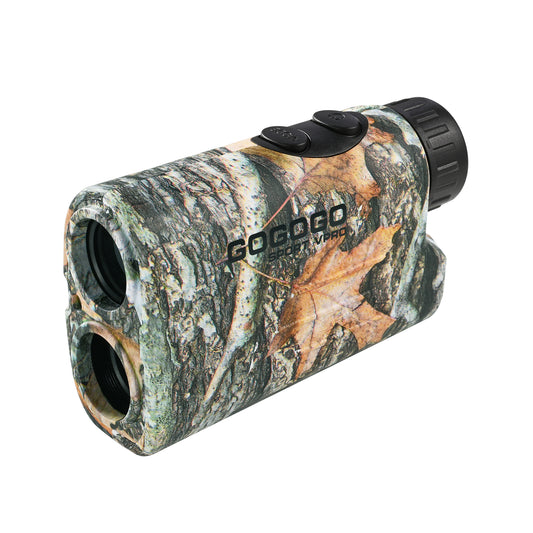
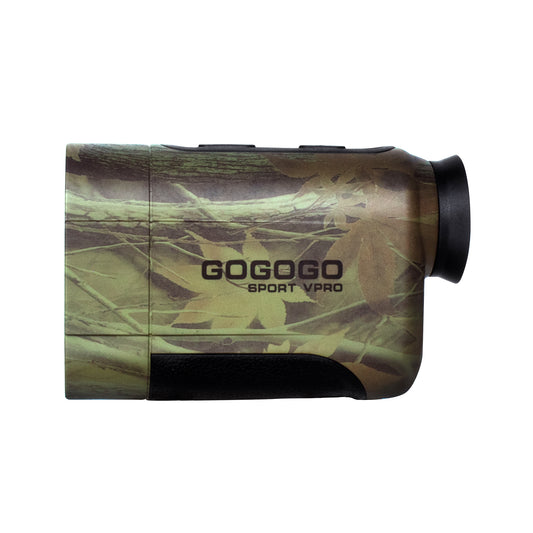
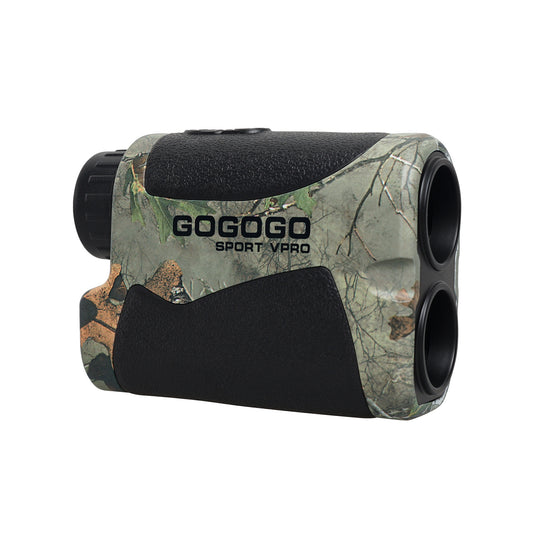
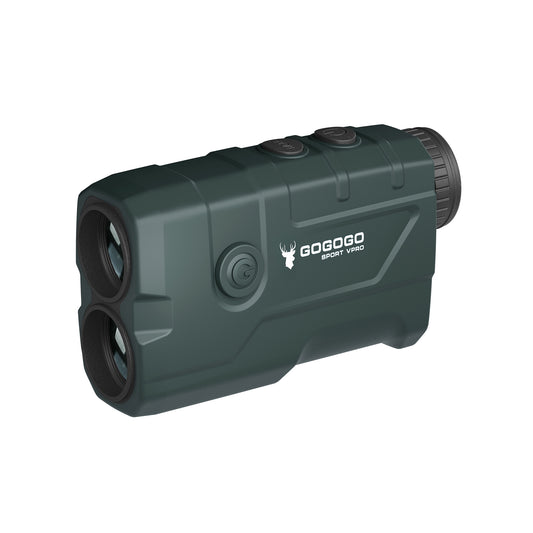
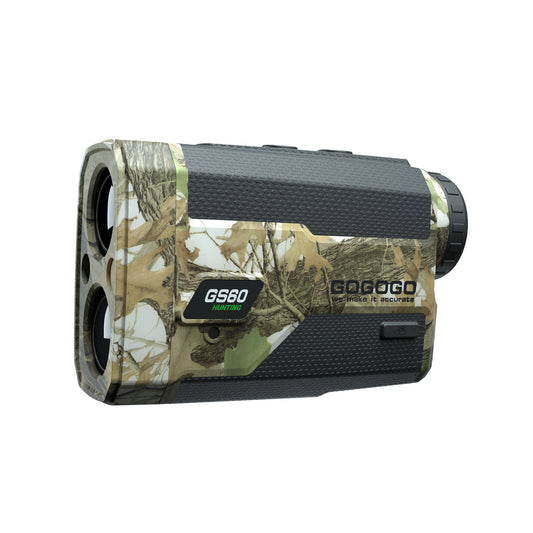
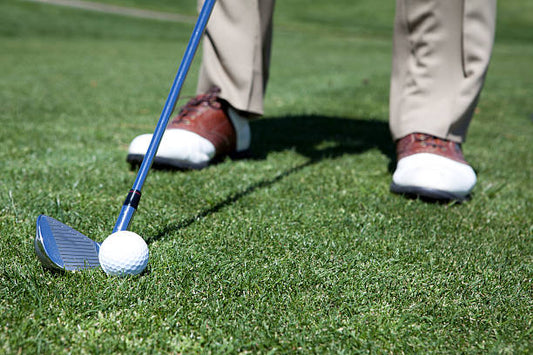
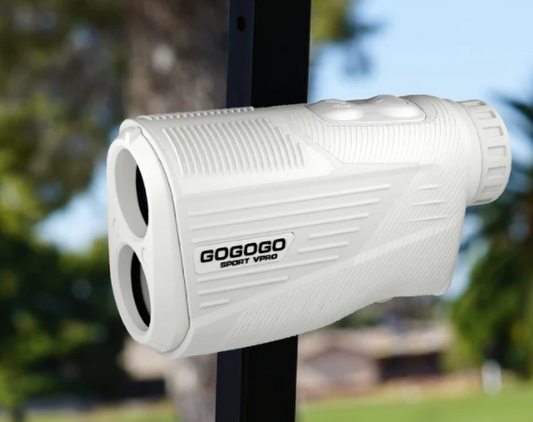
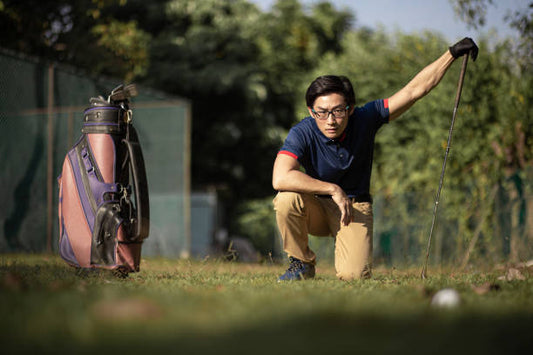
![[2025] The Ultimate Guide to Pinseeker Rangefinders for Golfers](http://gogogosport.com/cdn/shop/articles/gogogo_sport_vpro_pinseeker_rangefinder.png?v=1757993796&width=533)